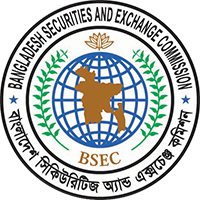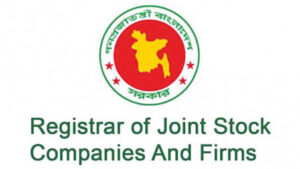Regulators play a crucial role in the asset management industry by ensuring that companies operate within the bounds of the law and that customers are protected. Asset management companies manage large sums of money on behalf of their clients, and regulators are responsible for ensuring that these companies operate with transparency, integrity, and in the best interests of their clients.
Regulators set standards and guidelines that asset management companies must adhere to, including rules related to disclosure, risk management, and reporting. By enforcing these standards, regulators help to prevent fraudulent activities and protect customers from financial harm. This is especially important in the asset management industry, where the potential for misconduct and unethical behavior is high.
Moreover, regulators also provide oversight to ensure that asset management companies comply with industry best practices, which helps to maintain the stability and integrity of financial markets. By monitoring the activities of asset management companies, regulators can identify potential risks and take appropriate action to mitigate them.
Overall, regulators are essential in the asset management industry as they provide oversight and enforce rules that protect customers and maintain the stability of financial markets. Without regulators, there would be a higher risk of misconduct and financial harm, which would ultimately undermine public trust in the industry.

The Bangladesh Securities and Exchange Commission (BSEC) is the regulatory body responsible for overseeing the securities and capital markets in Bangladesh. Established in 1993, the BSEC's primary role is to regulate and supervise the issuance and trading of securities, ensuring that market participants operate within the bounds of the law.
The BSEC has the power to set standards and guidelines for companies that are listed on the stock exchange, including rules related to disclosure, risk management, and reporting. The commission also has the power to investigate and take action against companies or individuals that engage in fraudulent activities, market manipulation, or other forms of misconduct.
The BSEC's mission is to develop and maintain a fair, efficient, and transparent securities market in Bangladesh. To achieve this, the commission works to promote investor education and awareness, encourage the adoption of best practices, and foster a culture of compliance among market participants.
In addition to its regulatory role, the BSEC also has a broader mandate to promote the growth and development of Bangladesh's capital markets. This includes initiatives to attract foreign investment, support the development of new financial instruments, and facilitate the expansion of the market through the introduction of new products and services.
Overall, the Bangladesh Securities and Exchange Commission plays a critical role in ensuring the integrity and stability of the securities and capital markets in Bangladesh, which is essential for the country's economic growth and development.

The Bangladesh Bank is the central bank of Bangladesh, established in 1972 to regulate and oversee the country's monetary policy and banking system. The bank is responsible for maintaining the stability of the national currency, promoting economic growth, and ensuring financial stability in Bangladesh.
As the central bank, the Bangladesh Bank has several key responsibilities. These include formulating and implementing monetary policy, regulating the banking sector, managing the country's foreign exchange reserves, and promoting financial inclusion and financial literacy.
The Bangladesh Bank plays a critical role in regulating the country's banking sector, including licensing and supervising commercial banks, non-bank financial institutions, and microfinance institutions. The bank is also responsible for setting regulations related to lending practices, capital requirements, and other aspects of banking operations.
In addition, the Bangladesh Bank is responsible for managing the country's foreign exchange reserves, which includes buying and selling foreign currency to maintain the value of the national currency and to support international trade and investment.
The bank also has a role in promoting financial inclusion and literacy, working to ensure that all segments of society have access to financial services and are equipped with the knowledge and skills to make informed financial decisions.
Overall, the Bangladesh Bank plays a critical role in ensuring the stability and growth of Bangladesh's economy, promoting financial inclusion and literacy, and maintaining the integrity and efficiency of the country's banking system.